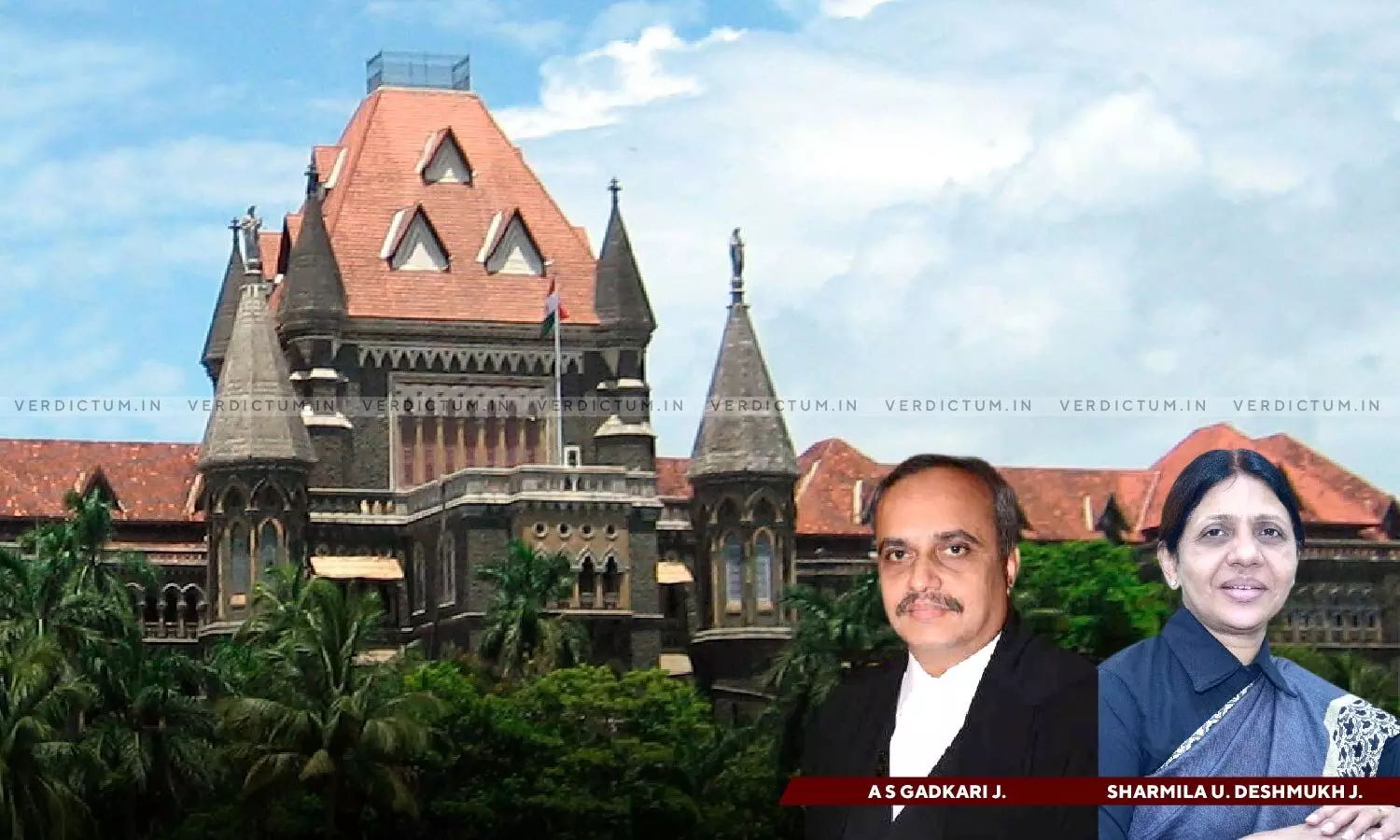
Disobedience Of 'Privately Communicated' Notice U/S 149 CrPC Is Not An Offence U/S 188 IPC: Bombay HC Quashes Case Against Raj Thackeray
 |
|The Bombay High Court held that the offence under Section 188 IPC is not attracted for disobedience of a 'privately communicated' notice under Section 149 CrPC.
The Court held thus while it quashed criminal proceedings against Raj Thackeray. The Bench also noted that cognisance of an offence under Section 188 IPC can only be taken by a magistrate based on a written complaint from the public servant concerned, or from another public servant to whom the concerned public servant is administratively subordinate.
The Bench comprising Justice AS Gadkari and Justice Sharmila U Deshmukh held, “The notice issued in the present case under Section 149 Cr.P.C. is the nature of directions communicated privately to the person intended to be bound by the directions. No doubt that, the police were duly authorised to issue the notice, however the notice which is like private information to the noticee cannot partake the character of an ‘order promulgated’. Promulgation indicates some form of publication, to publish, to proclaim. These ingredients are lacking in the notice issued by the police. As such, in our opinion, the notice issued under Section 149 of Cr.P.C to the Applicant cannot constitute an order duly promulgated by the public servant”.
Advocate Sayaji D Nangre appeared for Raj Thackeray and Additional Public Prosecutor MH Mhatre appeared for the State.
In 2010, the election commission of Maharashtra imposed a code of conduct and campaigning was to cease from 10 pm on October 29. Another circular stated that any person belonging to a political party who has entered the territory of Kalyan Dombivali Municipality shall not stay within local jurisdiction after the campaigning period is over Raj Thackeray. was also given a copy of the notice but he refused to accept it. A complaint was subsequently filed under section 188 of the Indian Penal Code (IPC) alleging that despite receiving notice Raj Thackeray continued to reside within the local jurisdiction of the municipality till October 30, 2010, till 2 PM.
The Court ascertained the following issues:
“(I) Whether a notice issued under Section 149 of Cr.P.C constitutes an ‘order promulgated’ by a public servant within the meaning of Section 188 of IPC, the disobedience whereof will attract the offence under Section 188 of IPC?
(II) Whether the provisions of Section 195(1)(a) of Cr.P.C constitutes a bar for taking cognisance of the offence under Section 188 of IPC based on police report in the absence of complaint in writing by the public servant concerned or his superior?”
The Court held that the offence is attracted only when the said disobedience results in the consequences listed in Section 188 of IPC. The Court emphasized that mere disobedience of the order without such disobedience causing or attracting the risk of intended consequences would not attract section 188 of IPC.
“In other words, the offence is attracted if the disobedience results or tends to result in the consequences stated in Section 188 of IPC. Mere disobedience of the order without the disobedience causing or tending to cause or attracting the risk of the intended consequence does not attract the offence under Section 188 of IPC. In the present case, the allegation in the FIR conforms to the first part of the provision as regards the disobedience to the notice issued under Section 149 of Cr.P.C”, the Bench noted.
Furthermore, the Court observed that Section 149 of CrPC is in the nature of directions communicated privately to persons intended to be bound by such directions. The Court further noted that police was duly authorized to issue notice but such notice cannot partake the character of an order promulgated. Therefore, the Court held that a notice issued under Section 149 CrPC cannot constitute an order duly promulgated by a public servant.
Additionally, the Court asserted that there could be cases where the order/notice/directions issued by police under the purview of preventive action are duly promulgated in which case disobedience would attract the offence under Section 188 of the IPC. Such issue of whether a notice would be considered an order duly promulgated would depend on the factual matrix and circumstances of each case.
The Bench analyzed Section 195 of the CrPC and noted that a complaint under Section 2(d) of the CrPC does not include a police report. Therefore the Court observed that the scheme of Section 195 of CrPC is that trial follows cognisance and cognisance follows investigation. The Magistrate is barred from taking cognisance except in cases where the written complaint is filed.
The Bench observed, “The meaning of the expression ”taking cognisance” is no longer res integra and has been explained in various decisions to mean judicial application of the mind to the facts mentioned in the complaint with a view to taking further action. The scheme of the Cr.P.C in regard to the cognisable cases is that, trial follows cognisance and cognisance is preceded by investigation. What is barred is taking of cognisance by the Magistrate except on a written complaint filed. The bar is absolute and the Court could not have taken cognisance except on written complaint”.
Accordingly, the Court allowed the Application and quashed the proceedings.
Cause Title: Swararaj @ Raj Shrikant Thackeray (2023:BHC-AS:34852-DB)